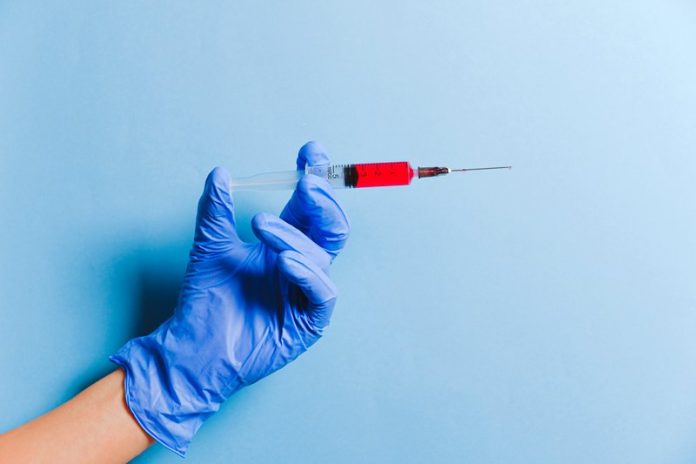
In a new study, researchers have successfully redesigned a key protein from the coronavirus, and the modification could enable a much faster and more stable production of vaccines worldwide.
This finding could help quickly develop billions of doses of lifesaving COVID-19 vaccines.
The research was conducted by a team at The University of Texas at Austin.
Most coronavirus vaccine candidates train the human immune system to recognize a key protein on the surface of the SARS-CoV-2 virus called the spike protein in order to fight infection.
The researchers designed a new version of this protein that, when expressed in cells, produces up to 10 times more protein than that of an earlier synthetic spike protein already in use in multiple COVID-19 vaccines.
Along with colleagues at the National Institutes of Health, several members of the UT research team also designed the earlier version of the spike protein found in at least two COVID-19 vaccine candidates currently in U.S. clinical trials.
Dubbed HexaPro, the new protein is also more stable than the team’s earlier version of the spike protein, which should make it easier to store and transport.
It also keeps its shape even under heat stress, during storage at room temperature and through multiple freeze-thaws. Such qualities are desirable in a robust vaccine.
The team says depending on the type of vaccine, this improved version of the protein could reduce the size of each dose or speed up vaccine production.
Either way, it could mean more patients have access to vaccines faster.
Vaccine companies with different platform technologies will have the ability to test and further develop COVID vaccines that use HexaPro.
HexaPro also could be used in COVID-19 antibody tests where it would act as a probe to identify the presence of antibodies in a patient’s blood, indicating whether a person has previously been infected with the virus.
One author of the study is Jason McLellan, an associate professor in the Department of Molecular Biosciences.
The study is published in Science.
Copyright © 2020 Knowridge Science Report. All rights reserved.



